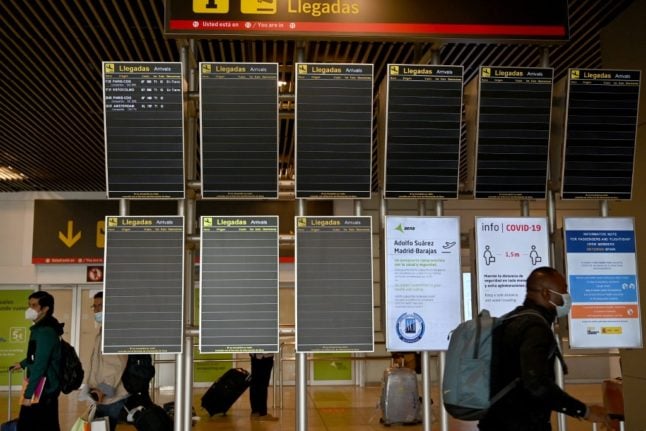Restrictions were due to expire on March 31st but on Monday March 29th Spain’s State Bulletin (BOE) published that the measures would be extended until the end of April.
That means travellers from countries outside of the Schengen Area will not be able to make non-essential journeys to Spain by land, air or sea over the Easter period and throughout the month of April.
However, travellers from some countries with low infection rates will be able to make the journey, including those from Australia, New Zealand, Rwanda, Singapore, South Korea, Thailand, China (subject to reciprocity) and the regions of Hong Kong and Macao, as there are Schengen-wide agreements allowing for this.
The list, which was first developed on June 30th, has been updated several times.
Japan was excluded from the list on January 28th.
READ ALSO:
- Spain to require negative Covid test at French land border
- What are the rules for travelling to Spain?
It’s worth noting that the extensions of restrictions do not apply to Gibraltar, given the fact that they have vaccinated almost all their population against Covid-19. Restrictions on non-essential travel from Gibraltar to Spain will be lifted at 6pm on March 30th.
The Spanish government’s latest measure would also technically affect travellers from the UK as it’s now a non-EU country.
Spain did announce it will lift its travel ban for UK arrivals on March 30th but the UK has said holidays abroad are still not allowed, meaning that anyone caught breaking the rules on travel by going on holiday to Spain or elsewhere faces a fine of up to £5,000 (€5,800).
READ MORE:



 Please whitelist us to continue reading.
Please whitelist us to continue reading.
Member comments